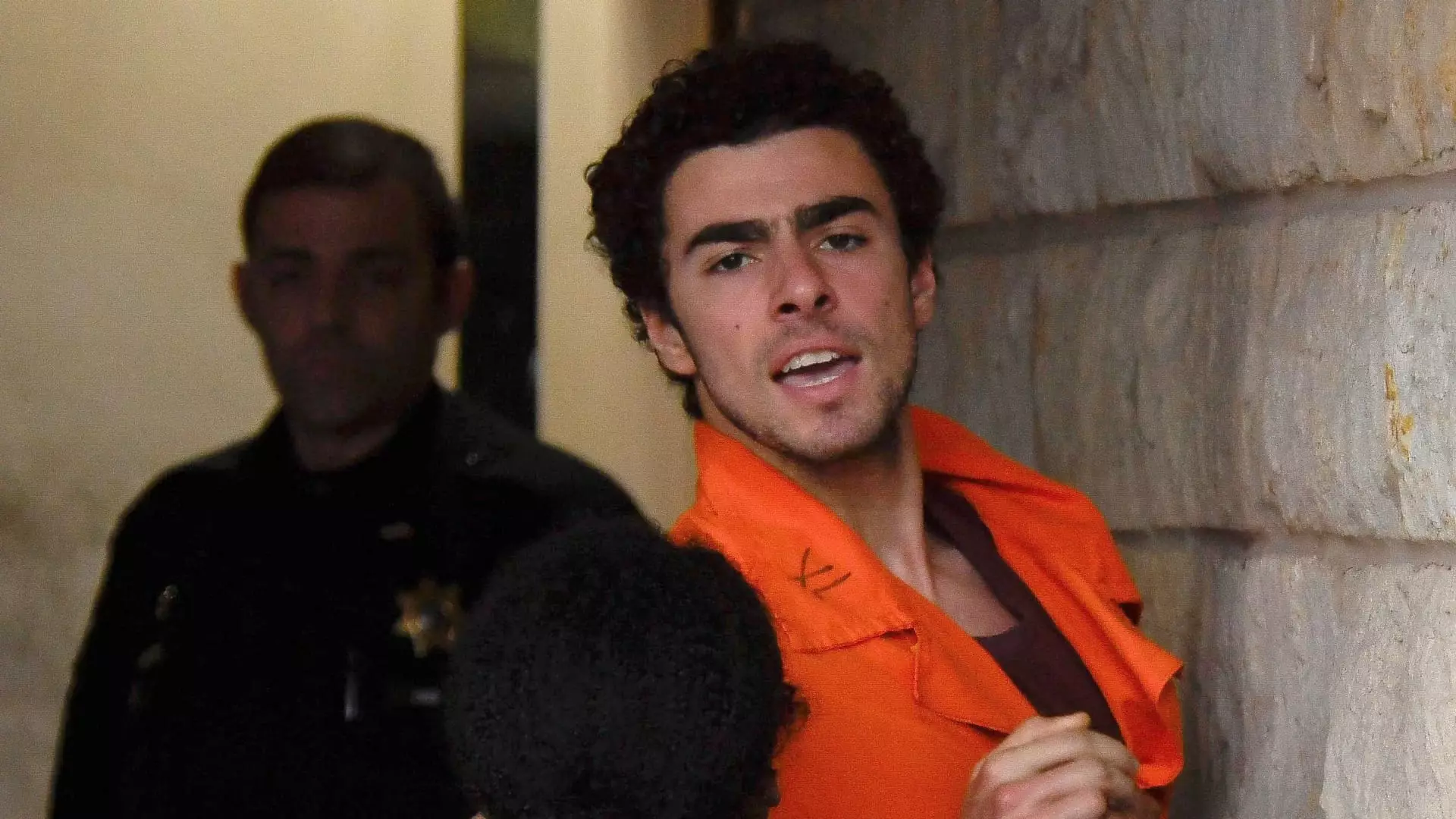Luigi Mangione, a 26-year-old with ties to a notable Baltimore family, has captured headlines following his arrest in connection with the tragic murder of UnitedHealthcare CEO Brian Thompson. The apprehension took place in Altoona, Pennsylvania, where Mangione was discovered enjoying a meal at a local McDonald’s. Law enforcement officials discovered crucial evidence linking him to the homicide within a backpack he was carrying, underscoring the severity of the case. His flight from justice culminated in significant media coverage, amplifying public interest and scrutiny surrounding the proceedings.
Legal Representation and Strategy
In the midst of mounting charges, Mangione has enlisted the prominent attorney Karen Friedman Agnifilo from the firm Agnifilo Intrater LLC to spearhead his defense. Friedman Agnifilo, with a storied career as a former chief assistant district attorney in Manhattan and extensive experience in criminal trials, brings significant expertise to the table. Although her firm has chosen to remain tight-lipped about the case, the strategic selection of a lawyer with such a formidable background hints at the seriousness with which Mangione is approaching the accusations laid against him. The decision to hire a high-profile attorney also reflects on the potential complexities and nuances involved in this case.
In New York, Mangione faces grim charges, including one count of murder and additional counts related to the illegal possession of weapons and forgery. Concurrently, he is lodged in Pennsylvania, battling two felony charges along with several misdemeanors. As he contends with these serious allegations, Mangione finds himself entangled in a legal web that extends across state lines. He remains incarcerated in solitary confinement at Huntingdon State Correctional Institution, where his access to the outside world is starkly limited, an aspect often overlooked in the public discourse surrounding his case.
Moreover, Mangione’s situation has engendered a complicated relationship with public support and crowdfunding. After his arrest, several online fundraising efforts emerged to assist with his legal representation. While platforms such as GoFundMe promptly removed campaigns that violated their policies against supporting legal defenses for violent crimes, an alternative platform, GiveSendGo, continues to host a fundraiser that has garnered substantial contributions, exceeding $94,000. Such financial backing underscores a stark divide in public opinion—where some view Mangione as deserving of due process and others as unworthy of support due to the nature of the charges against him.
As the case against Luigi Mangione unfolds, it highlights significant issues surrounding legal representation, the right to a fair trial, and public perceptions of individuals embroiled in violent accusations. His struggle to navigate the legal landscape, while managing public disdain and potential support, serves as a profound reminder of the complexities and tensions inherent in the American judicial system. The outcome of this case not only has implications for Mangione but also raises broader questions about justice, privilege, and the reality of navigating high-profile criminal accusations.


Leave a Reply